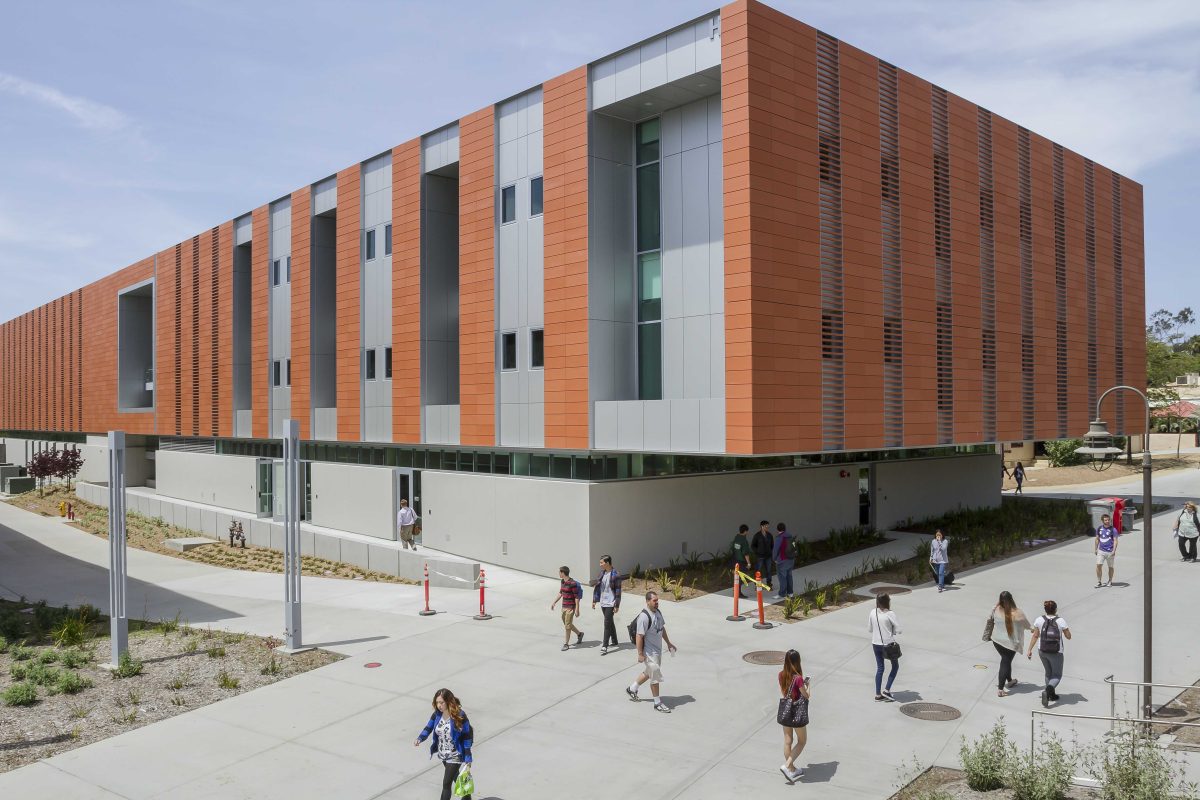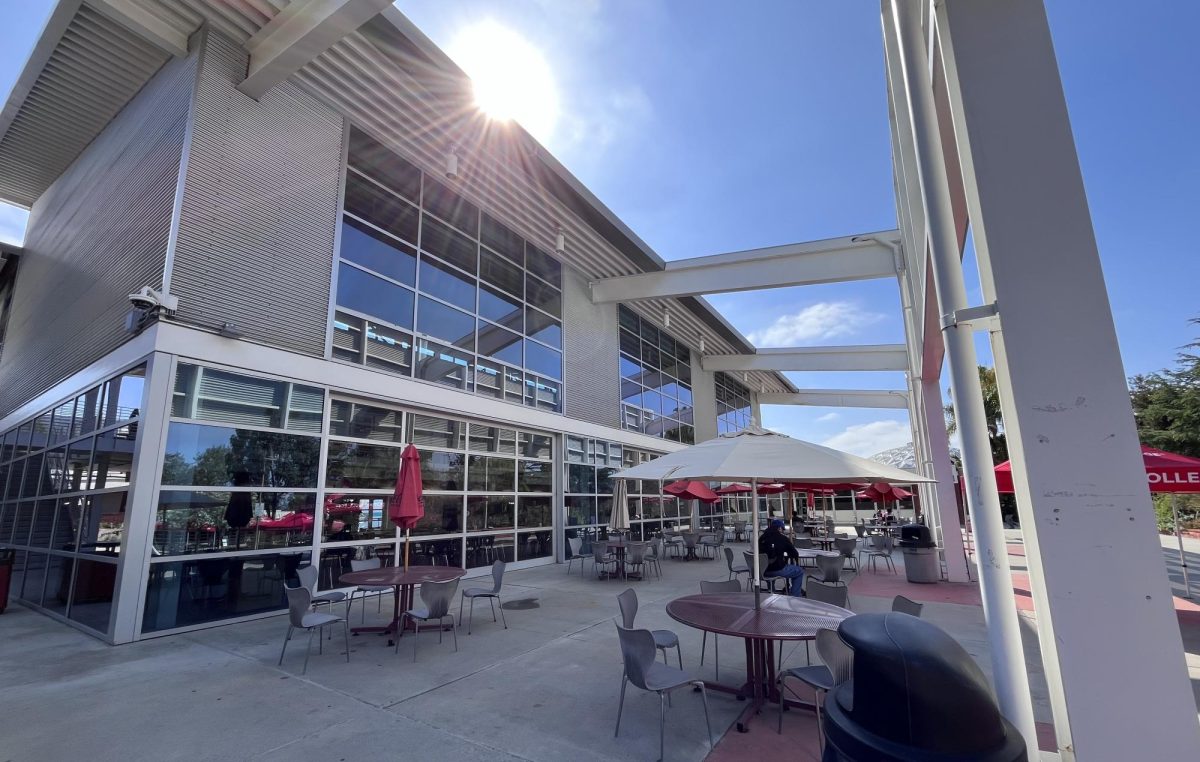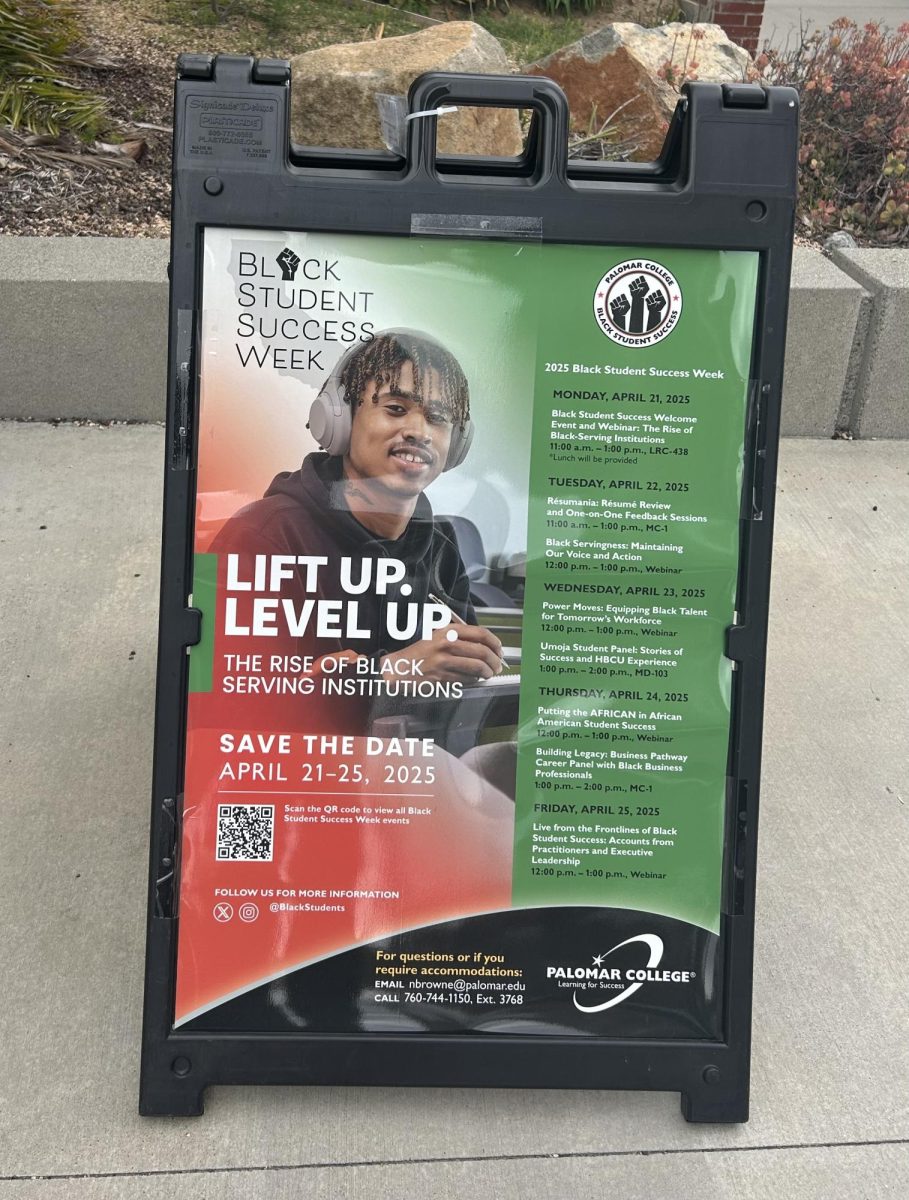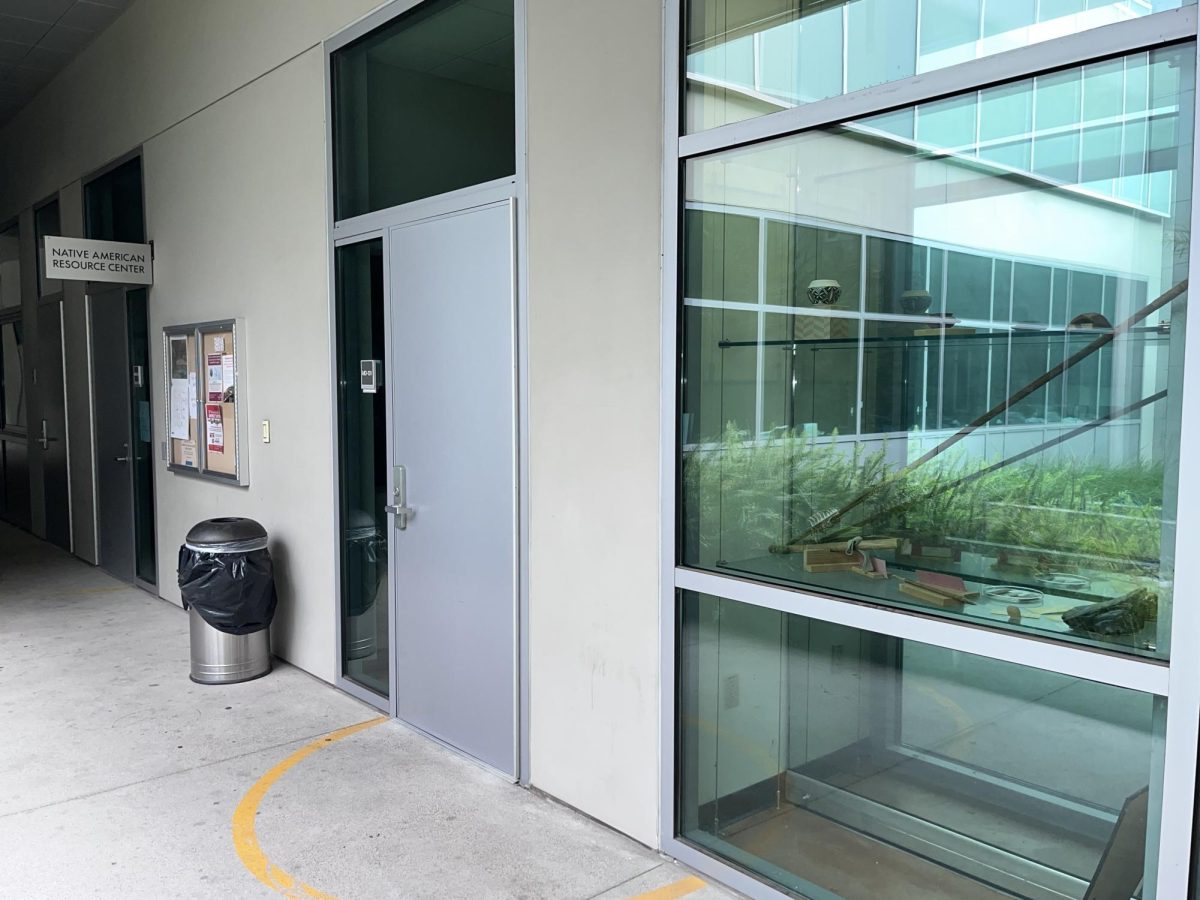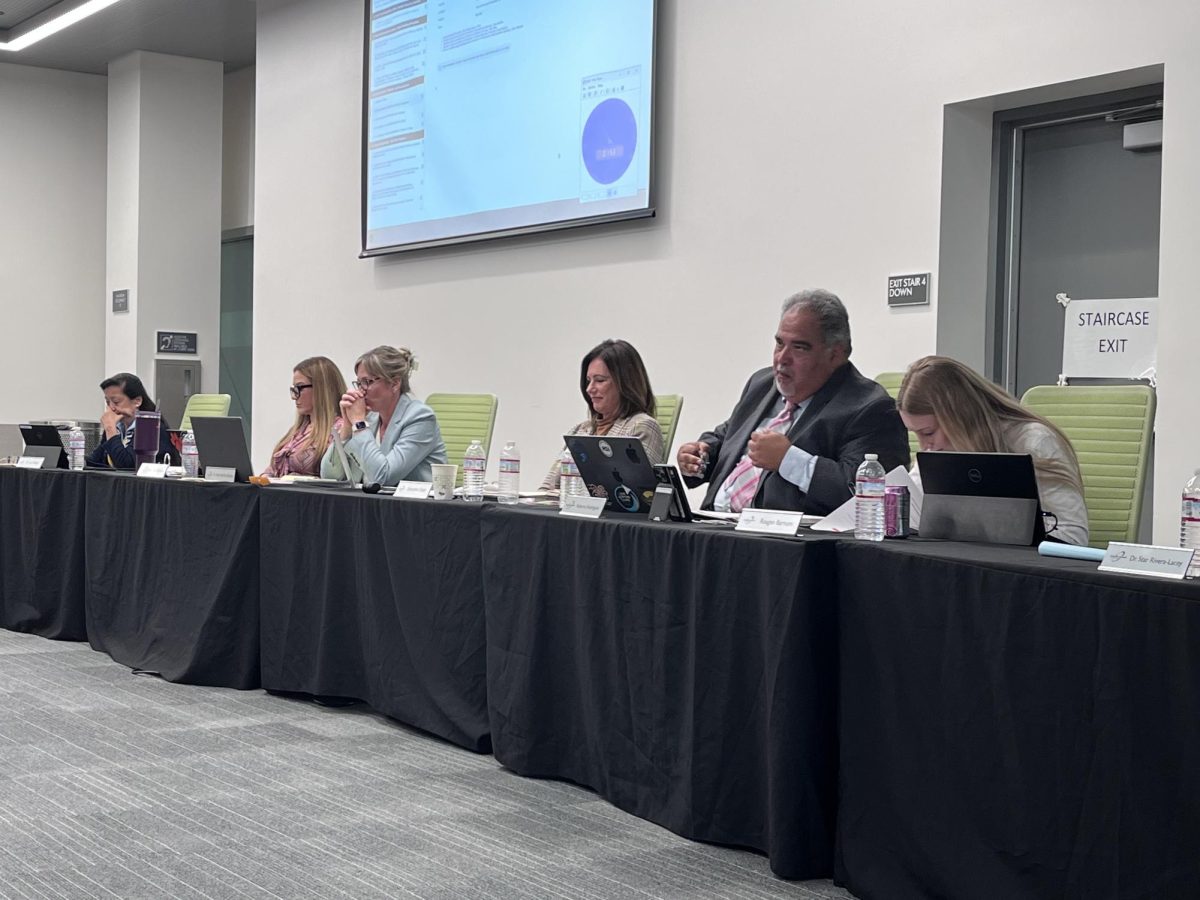MCT CAMPUS AND TELESCOPE STAFF
LOS ANGELES — The University of Southern California on Friday announced new measures aimed at better protecting its large international student population, as well as the rest of the campus, after the slayings of three Chinese graduate students over the last two years.
The move comes two weeks after a 24-year-old graduate student was beaten to death just blocks away from campus, an attack that renewed demands from USC’s Chinese community for increased security. USC has the largest foreign student population of any U.S. university; about 3,000 of its 8,000 international students are from China.
Out of the roughly 30,000 students enrolled at Palomar College, roughly 300 of them are international students from 49 countries, according to the school website fact sheet.
“I have not dealt with one hate crime while working here,” said Judy Gervasio, staff member at Palomar’s International Student Office.
USC will now require international graduate students to take ‘extended safety education’ programs, create an international student safety advisory group and train campus police about the different cultures of students on campus. John Thomas, chief of USC’s Department of Public Safety, said he hopes improved cultural understanding on both sides will keep students safer. Some students come from countries where crime is less common, he said, while others are raised in cultures where the police are feared.
Ena, 19, a Japanese student said that she got into Palomar College easily and since being here for the past year has had a good experience.
“The weather is good and so are the people,” she said.
Campus safety experts agreed that university administrators should pay particular attention to the needs of international students. David Perry, the president of the International Association of Campus Law Enforcement Administrators, said some may not understand basic precautions taught in the U.S., being aware of one’s surroundings, for example.
“You’re trying to give them an extra edge to help them with safety in a new environment,” Perry said.
Bofeng Liu, 20, a Chinese student at Palomar College, said that he felt safe on campus since he saw the police roaming around everywhere. He’s been at Palomar for about a year and stated that his classmates have been very friendly to him.
Other security measures announced by USC include more patrols by campus security and Los Angeles Police Department officers in the neighborhoods around the campus, expansion of a free ride service offered to students and more staff members to monitor surveillance cameras.
The university will also now extend the deployment of unarmed security “ambassadors” to summer months. They were previously only in place during the school year, which drew criticism after the death of Xinran Ji, an engineering student from China who was fatally beaten with a baseball bat about 12:45 a.m. July 24.
The changes mark the latest in a string of security improvements that USC has made since 2012, when two students were shot and killed during a botched robbery near campus. Six months later, a man opened fire outside a Halloween party on campus, injuring four people who were not students.
Security on and off campus was amplified. The university installed dozens more surveillance cameras and license-plate readers. The LAPD created a 30-officer task force focused on the campus and the surrounding neighborhood. USC also limited public access to campus in the evenings and added fingerprint scanners at dorm entrances. About 1,500 feet of fencing went up along the school’s 2-mile perimeter.
USC reported a drop in property crimes in 2013 that officials attribute to the actions. A Los Angeles Times analysis of LAPD crime data showed violent crime also dropped. The campus has been on edge since Ji’s death. Four teenagers have been charged in his slaying, which authorities said began as a robbery.
Ji’s death was particularly hard for USC’s Chinese community. In 2012, Ying Wu and Ming Qu, two 23-year-old graduate students in the electrical engineering program, were shot to death about 1 a.m. while sitting in a parked BMW just west of campus. The students’ parents filed a wrongful-death suit against the university, saying the school misled them when it said it ranked among the safest in the nation. The suit was dismissed.
After Ji’s death, Wu and Qu’s parents called for the Chinese government to issue a “study advisory” which would alert Chinese parents of the safety risks they said came with attending USC.
Xu Yuan, the president of USC’s Chinese Students and Scholars Association, said university officials formally met with his group twice to discuss their safety concerns. His group wrote one of two online petitions that called on USC to take action; their demands were among the new measures announced by the university.
“So far, USC has shown that they are taking what we’ve petitioned for very seriously,” Yuan said, calling the new measures a good step.
But, he cautioned, it was too early to know if these measures would be enough to prevent something from happening again. “Only time will tell,” he said.
Shelley Wu, a graduate student, helped write a second petition that called on the university to take more responsibility for Ji’s death. She was skeptical whether the new measures would be effective.
Ji’s “death happened not because the technology was not advanced enough, there are already a lot of cameras in the area,” she said. “The question is, even if you have cameras and high-end security technology all over the place, how do you prevent something like Ji’s death from happening again?”
At USC on Friday, many students said they had not heard about the increased security measures. University officials said they planned to send a letter to students when they returned to campus for the school year.
Sarah Suzuki, 20, recently arrived at Palomar and is hoping to get her associate’s degree in music. She said that it has been great being here and enjoys the weather in California.
Telescope staff: Megan Bubak and Brian O’Malley contributed this report.

